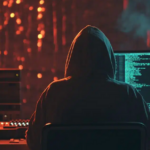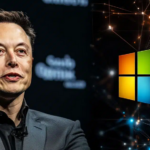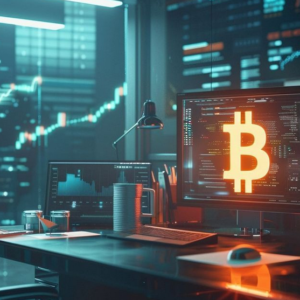Bitcoin developer Amir Taaki has created the first fully anonymous on-chain decentralized autonomous organization (DAO), claiming it operates under the radar in every aspect of its structure, treasury, transactions, membership, and voting mechanisms, making it completely untraceable on the blockchain.
Taaki explains that DAOs are anonymous and political, appearing like random data on-chain. Smart contracts can interact with DAOs, including making payments from their treasury, but these transactions remain confidential, ensuring recipients remain anonymous.
DAOs require “anonymity”
Taaki believes anonymous DAOs can revolutionize community mobilization and wealth creation, but their vision has been stalled due to the centralized and surveillance-heavy nature of the internet and tech industries, which he believes could reshape the future.
DarkFi is developing anonymous tools for online organizations to combat privacy issues. The group claims to be the only one working on such tools, aiming to harness the true power of cryptocurrency for free, uncensored, and sovereign digital communities. The anonymous DAO proposal was hailed by CEO Nick Almond, who called it “cypherpunk AF” and highlighted how it could change the dynamics of DAO game theory.
DAO governance remains a significant challenge in the crypto and DeFi sectors due to unclear leadership and responsibility and unequal token distribution, which could centralize power and undermine the principles of decentralization.
Legal Issues Arise Despite DAOs’ Decentralized Structure
Decentralized Agos (DAOs) have emerged as community-driven, decentralized entities but still face legal challenges. The Ooki DAO case, one of the earliest examples, involved the Commodity Futures Trading Commission (CFTC) suing Ooki DAO for violating U.S. commodities laws, highlighting the vulnerabilities and potential liabilities of DAOs.
The court ruled that Ooki DAO can be sued as an “unincorporated association” under California law, setting a precedent for DAOs to be held legally liable despite their decentralized structure. The court also found the CFTC’s online communication method sufficient for legal accountability.
The bZx DAO case highlighted the legal challenges faced by DAOs, including potential liability for negligence if the platform is not adequately secured. The court’s ruling suggested that individual DAO members could be held liable for such actions, underscoring the risks associated with operating a DAO without legal entity protection.
In the Sarcuni v. Zerox case, the court ruled that DAOs could face negligence claims if there’s a “special relationship” between the DAO and its users. The ruling was based on the DAO’s duty to exercise reasonable care in managing its protocol, especially due to previous security breaches.
The Bottom Line
Bitcoin developer Amir Taaki has developed the first fully anonymous on-chain DAO, aiming to restore political freedom by ensuring all transactions are untraceable, from treasury operations to voting mechanisms, thereby enhancing privacy and anonymity.
DAOs face governance challenges like unclear leadership and potential power centralization due to unequal token distribution. Legal precedents like Ooki DAO and bZx DAO highlight legal risks. Critics argue culpability may be necessary, but the balance between these arguments remains debated.










